Tornado damaged North Carolina Pfizer plant will create long drug shortages
Experts fear that the tornado damage to Pfizer’s plant in Rocky Mount, North Carolina, will create long-term shortages of already-strained drug supplies.
The plant that sustained damage in Wednesday’s tornado produces nearly 25% of all sterile injectable medicines in US hospitals, including drugs in IV infusions or that are delivered under the skin or into patient muscles.
Erin Fox, senior pharmacy director at University of Utah Health said the damage will likely lead to some long-term shortages while Pfizer shifts production to other locations or rebuilds.
But the specifics of which drugs might be involved in a shortage and how long that shortage will go aren’t clear.
“Anyone who is aware of this event is basically holding their collective breath at this point, hoping for the best and waiting for news,” said Mike Ganio, who studies drug shortages at the American Society of Health-System Pharmacists.
He noted that drugmakers tend to ship finished products quickly from manufacturing sites, which may limit how much inventory was damaged by the twister.
They have several tools to soften the impact on patients.
Some hospitals have started increasing inventories of stored drugs instead of relying on regular deliveries from a wholesaler.
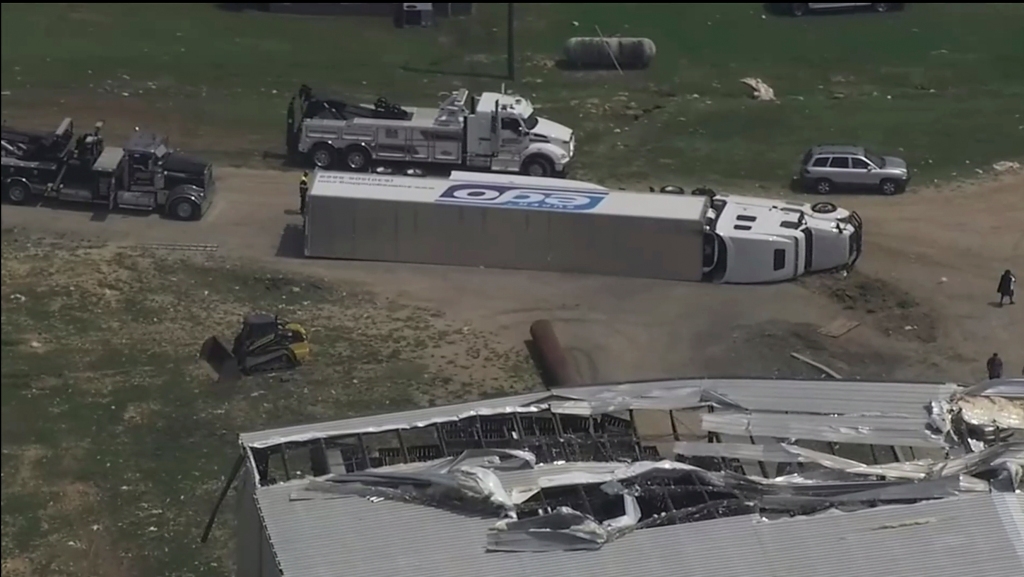
Hospitals may also switch to different forms of a drug by giving a patient an antibiotic pill instead of an IV if that person can handle it.
If a larger vial size of a drug is more readily available, they may order that and then fill several syringes with smaller doses ready for use.
The damage to the Pfizer plants comes as hospitals have already been dealing with drug shortages for years – specifically for things like chemotherapy drugs.
And the shortage isn’t limited to hospitals as drugstores and doctor’s offices have felt the impact.
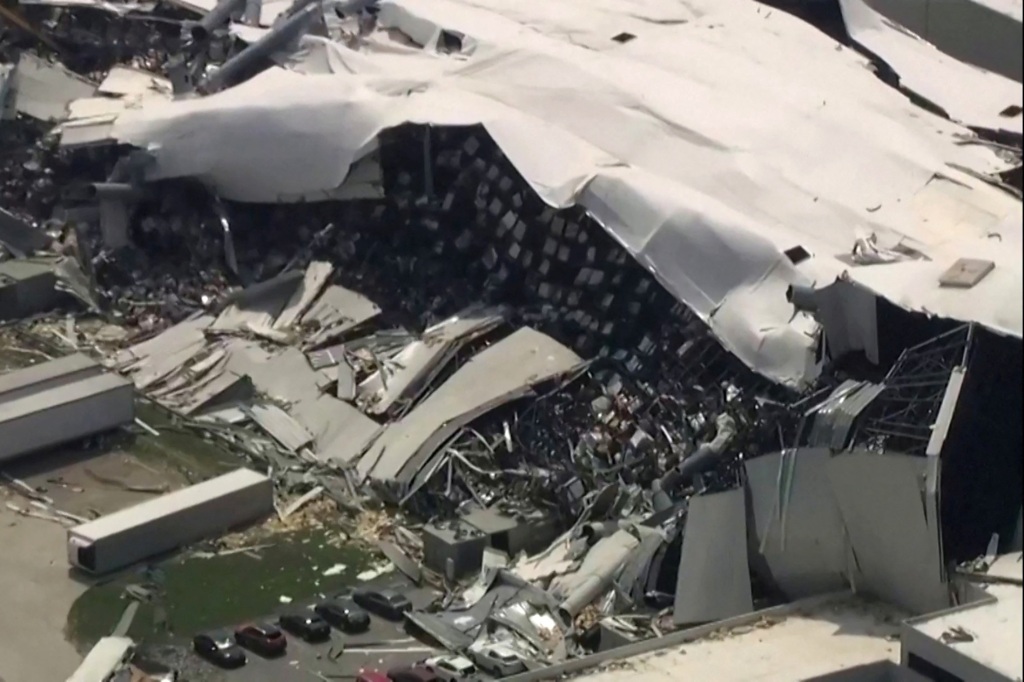
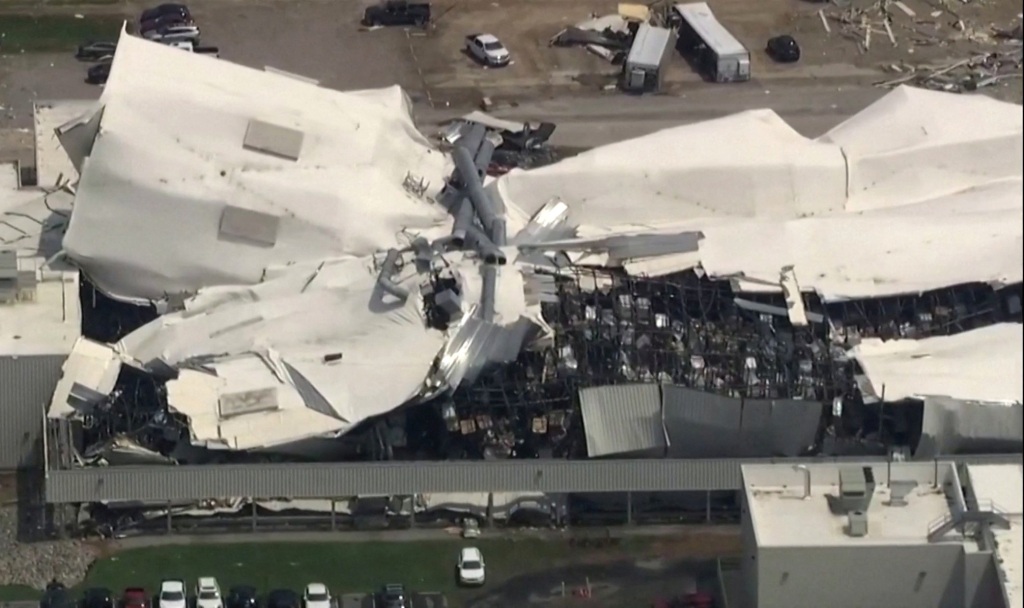
Overall, there were more than 300 active drug shortages in the US at the end of June, according to the University of Utah Drug Information Service.
Pfizer Chairman and CEO Albert Bourla no employees were injured by the tornado.
“We already have teams on the ground assessing damage and supporting our colleagues, and we are working urgently to determine the best way to get back online as quickly as possible,” Bourla wrote on Twitter.
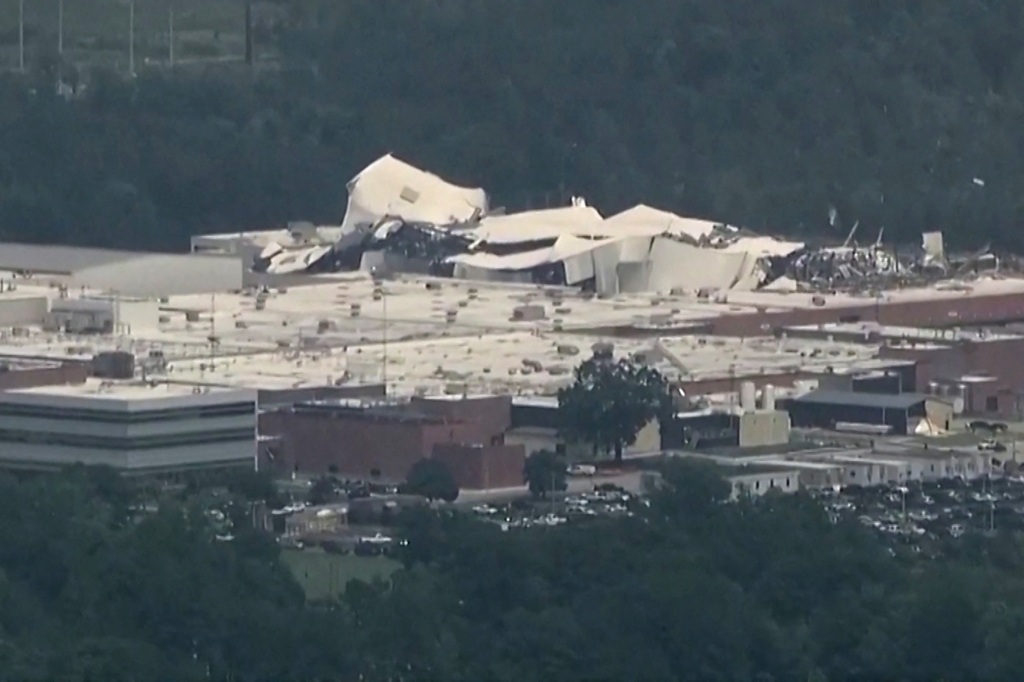
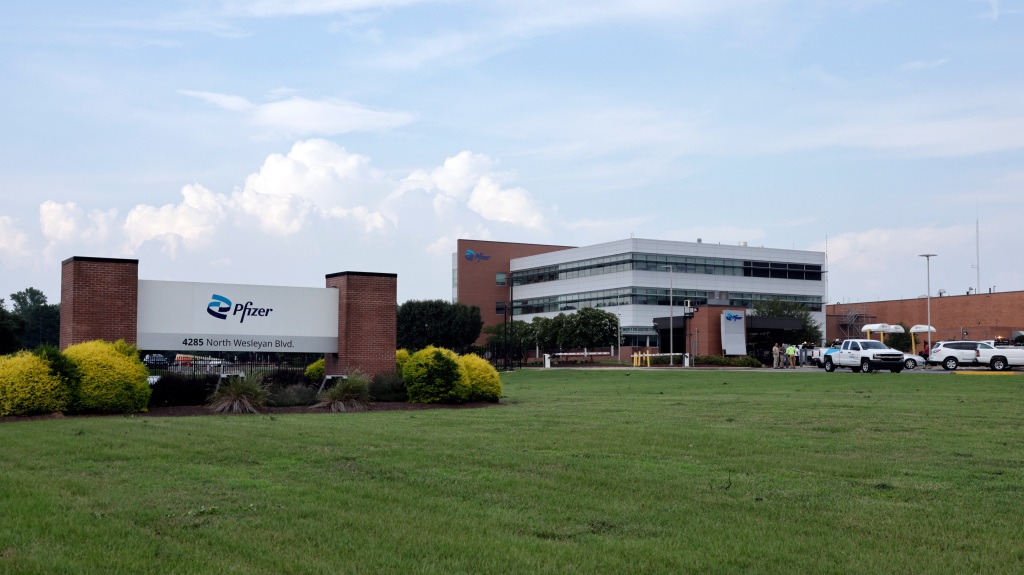
Drugmakers can shift manufacturing to other locations. But that can be complicated because they must reroute raw materials — usually made elsewhere — to other locations and may have to train workers to make a product.
Pfizer also may have to figure out whether to cut production of another product to squeeze in more manufacturing at the new site.
Read the full article Here


